Insights
From Data to Loyalty: AI’s Impact on the Omnichannel experience

Marketing is constantly evolving
AI is now at the centre of this change, its impact can already be felt across the entire marketing eco-system, but we’re most excited about its potential within CX. For years a one-size-fits-all approach had to been taken, however AI is opening new doors for personalised and more meaningful brand interactions. Here’s a look at some of the ways brands and retailers are innovating in this space…
Points or Pointless, What’s the Current Problem?
From British Airways’ Executive Club to points schemes like Urban Outfitters and Sainsbury’s Nectar, brands have long used loyalty programs to keep customers coming back. However satisfaction rates are wavering, with 65% of customers joining for the perks and staying for a purpose they rarely find. Brands are facing a similar issue with their content, according to treasured data, 80% of consumers feel that most of the content they receive is irrelevant.
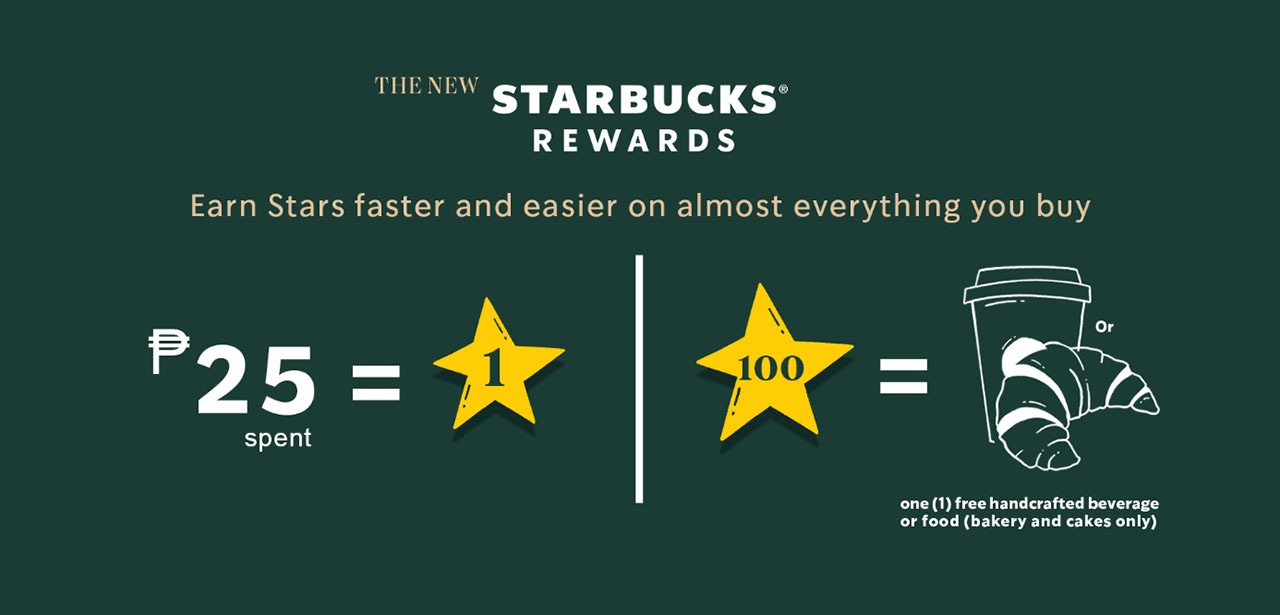
Starbucks
The root cause: Personalisation and brand to customer connection. Although perks drive loyalty, they don’t speak to individuals and brand communications remain generic. Individual personalisation remains impossible with just human power, however AI is providing a solution, with fast processing abilities it can quickly tailor a customer’s brand experience. The result? A seamless and individual omni channel experience.
Just For You, Straight to Your Inbox
Hi [Name], is about how personal marketing emails have been for the past few years, leaving customers uninterested and quick to hit delete. However, tools like Klaviyo and Mailchimp are changing the space, using AI to power hyper personalised brand emails. AI can analyse customer behaviour, learn shopping habits and segment audiences into micro groups, from there it can generate tailored emails for these groups, providing emails that feel relevant for consumers.

Mailchimp
Tools like tailored product recommendations are simple but effective. Brands such as ASOS and Amazon already use AI product suggestions within their websites, however their addition to mail increases the chances of customer engagement by aligning their likes with the brand.
Predictive analytics allows brands to go a step further, using past behaviour to anticipate what customers might want before they even know it themselves. Sephora is already making use of this. Repeat buyers can be automatically reminded to restock on products when they’re expected to run out, keeping the brand in touch with each individual customer.
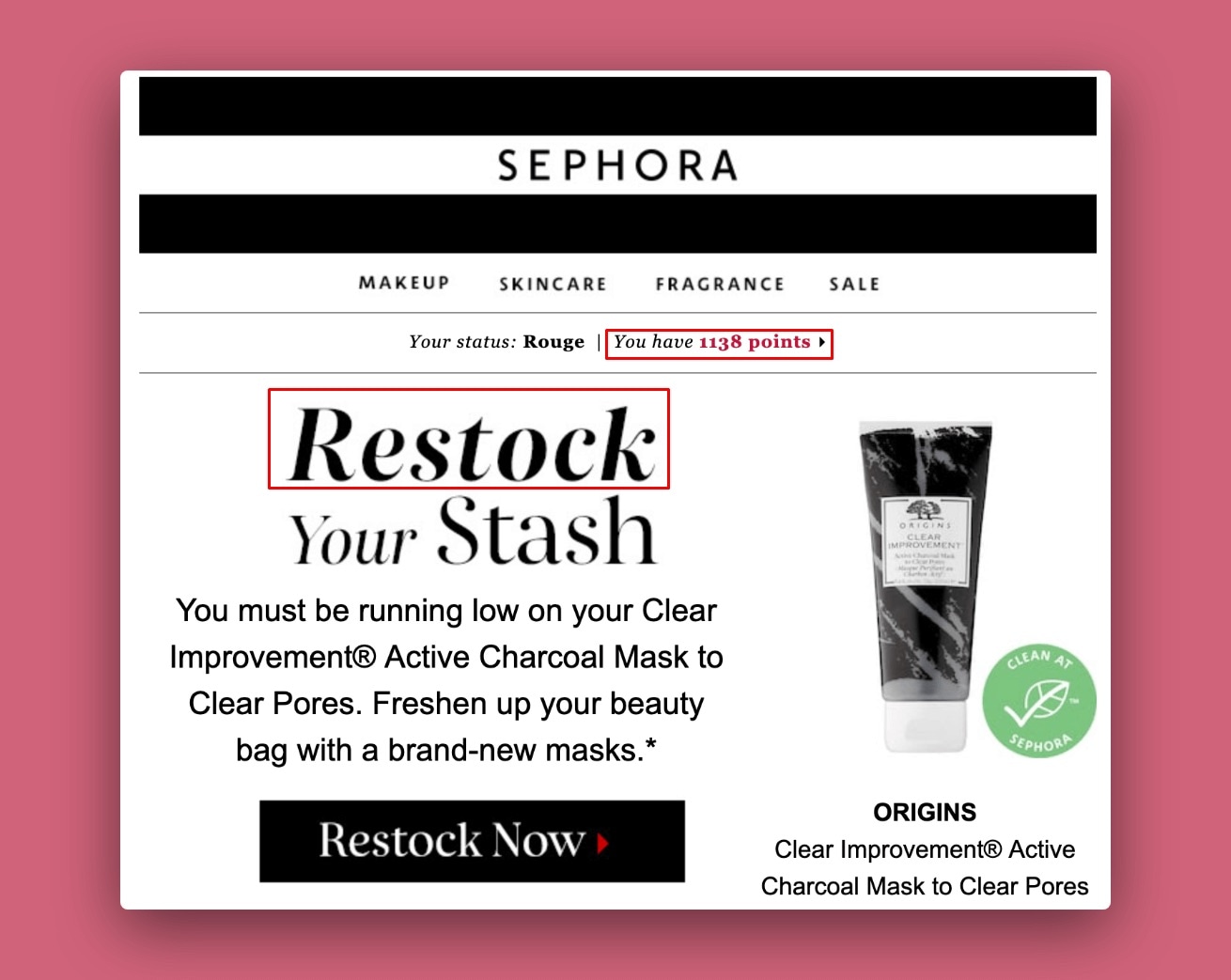
Ads That Know You Better Than Yourself?
With ad fatigue and marketing clutter on the rise, the online customer experience is becoming noisy and frustrating. To cut through the chaos, brands are turning to AI to deliver personalised ads that speak directly to each customer. Through analysing shopping behaviour and search history AI can generate unique targeted ads, however some brands are going further…
Sweaty Betty is trialling a new system that uses real customer reviews and feedback to tag emotional and behavioural insights. A comment like “I love your leggings, they’re perfect for my morning runs but are a bit pricey”, can be broken down into segments like ‘product advocate’, ‘morning runner’,and ‘cost-conscious’. From there, tailored messages can be built such as “Premium leggings, specially designed for morning runners like you, worth every penny”. Smart and effective, it replaces the guesswork with real connection.
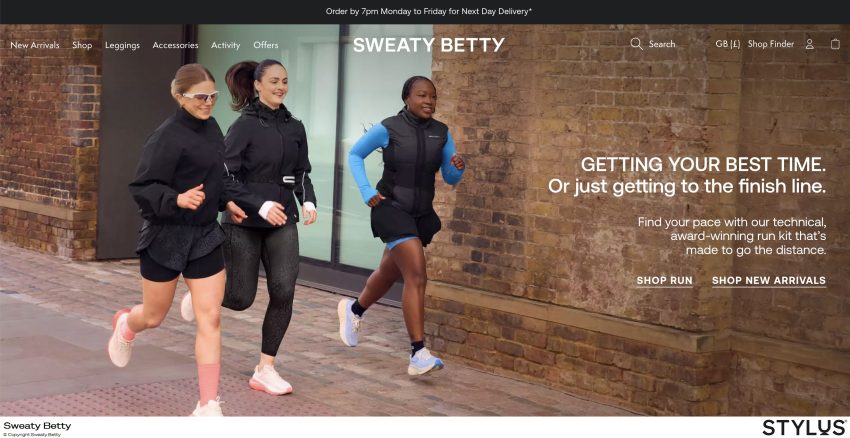
The Perfect Fit
AI has allowed brands to shape-shift in order to meet every customer’s needs… ASOS is achieving this through an AI image search, similar to that of Google shoppers upload their desired looks from Pinterest and Instagram, AI can then search the site for similar items, creating ease and satisfaction for customers.
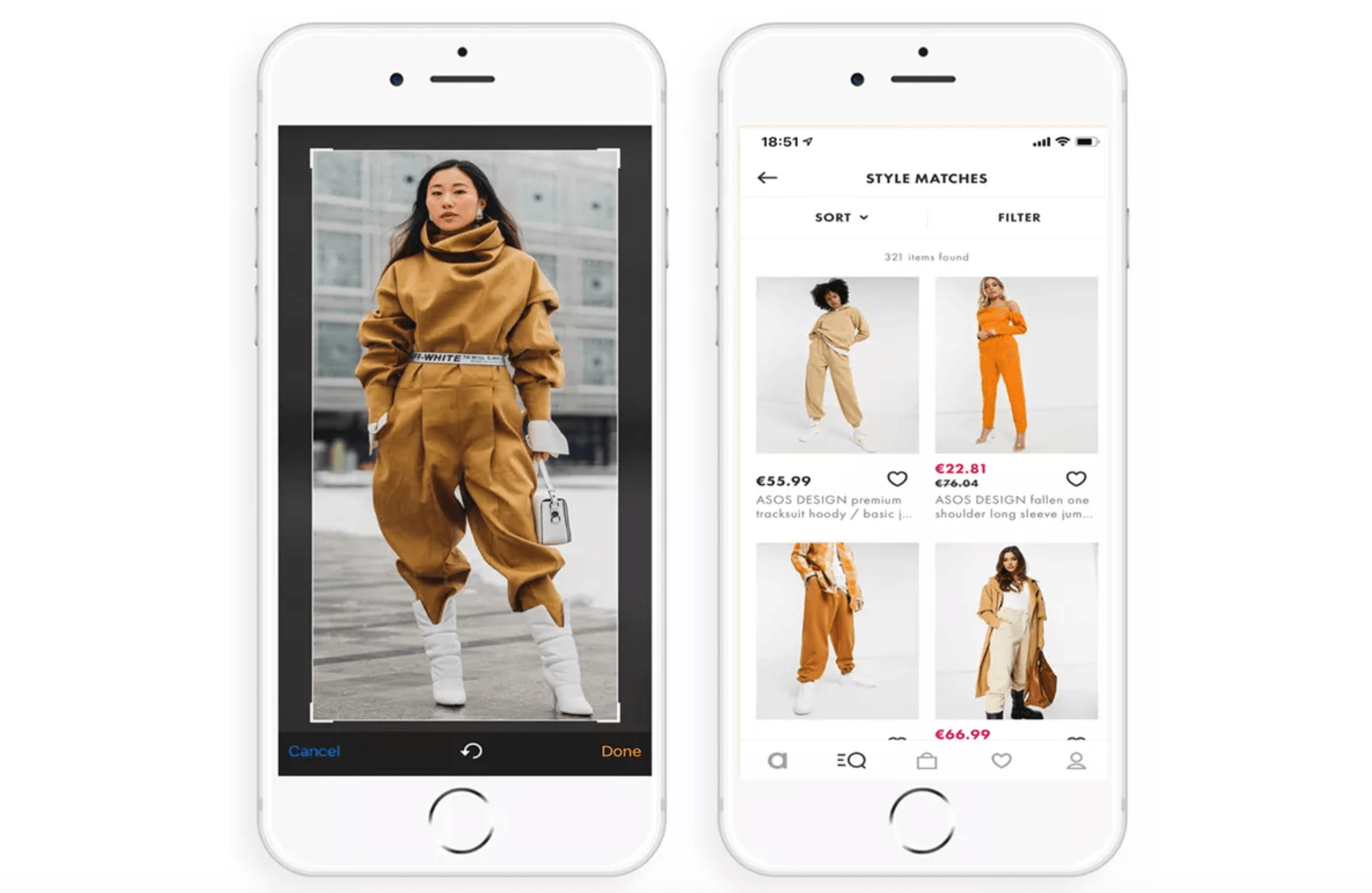
ASOS
AI’s vast memory is a vital tool, the ability to quickly learn and store a customer’s likes and dislikes allows brands to push products appealing directly to them. For example, a shopper may often favour sustainable clothing, the modelling machine can tag this and push similar items in future. Spotify has mastered this, running off AI they use search history and song play time to create a personalised radio for each user. In the sports world, Nike uses AI within its app to push products based on your sport, activity level and style, perfect for tailoring for performance. Both are simplifying the brand experience, making it easy to explore product.
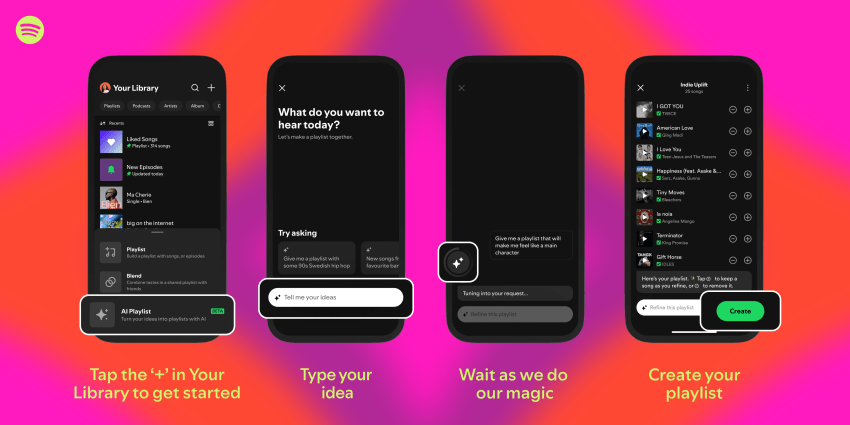
Spotify
What’s the Future?
Advancements have been made across CRM, advertising, product recommendations, chat bots and more. However this is just the beginning…
AI continues to have money poured into it, seemingly with new startups launching on a daily basis, each focusing on addressing the challenges of a small part of the marketing eco-system. For brands and retailers already innovating in this space, this poses the challenge of having multiple suppliers, and multiple technologies deployed across a customer experience, often with each having its own walled garden approach to data and tech. At The One Off, we’re working with our clients to help them understand how the tools that exist can add value for both the customer and their organisation, and how we connect the dots between various technologies to deliver truly seamless experiences, and help future proof their businesses.
If you’re a brand or retailer trying to figure out how AI can help transform your customer experience and are in need of some help connecting the dots drop us a line, we’d love to chat about how we can help.
